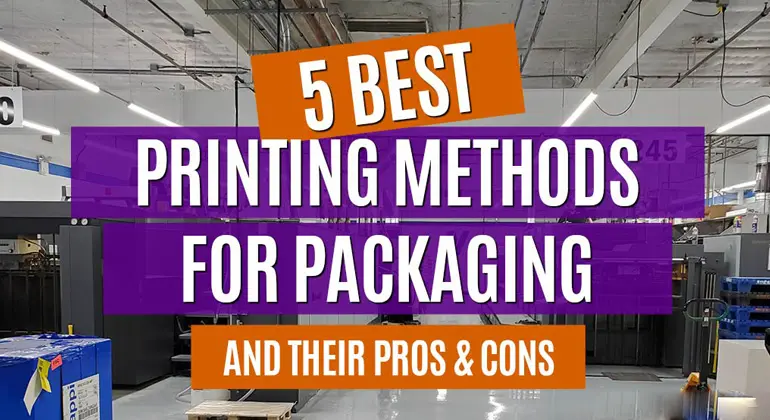Optimal Printing for Cartons: A Comparative Analysis
Decoding the Print: Methods for Carton Printing
In the realm of carton printing, selecting the optimal printing method is paramount to achieving vibrant visuals, precise details, and a standout product presentation. This article delves into a comprehensive comparison of the various popular printing methods currently in use, shedding light on the strengths and considerations of each.
1. Flexographic Printing: Precision in Packaging
Pros:
Flexographic Printing Well-suited for high-volume printing.
Cost-effective for large production runs.
Quick drying times, facilitating faster production.
Versatile, accommodating different substrates.
Cons:
Limited color reproduction compared to some other methods.
Fine details may not be as sharp as with certain alternatives.
2. Offset Printing: A Balance of Quality and Cost
Pros:
High-quality, detailed prints with vibrant colors.
Suitable for a wide range of paperboard materials.
Consistent image reproduction.
Cons:
Longer setup times may not be ideal for short runs.
Costlier for smaller production quantities.
3. Digital Printing: Tailored for Customization
Pros:
Ideal for short to medium runs with variable data.
Quick setup times and minimal waste.
High-quality, photo-realistic prints.
Cons:
Cost per unit may be higher for large runs.
Limited color gamut compared to offset printing.
4. Gravure Printing: A High-Volume Powerhouse
Pros:
Exceptional print quality, especially for images and photographs.
Well-suited for large production volumes.
Consistent, high-speed printing.
Cons:
Higher initial setup costs.
Limited flexibility for changes during the printing process.
5. Screen Printing: The Artistic Touch
Pros:
Suitable for printing on a variety of substrates.
Ideal for specialty inks and finishes.
Excellent for creating textured effects.
Cons:
Slower production speeds.
Limited to simple designs for carton printing.
6. Lithographic Printing: Versatility in Detail
Pros:
High-quality printing with sharp details.
Versatile for various substrates and coatings.
Quick setup times for medium-sized runs.
Cons:
Limited cost-effectiveness for very short runs.
Not as fast as some other methods for high-volume production.
Conclusion: Finding the Perfect Print for Your Cartons
In the quest for the ideal printing method for cartons, each technique brings its own set of advantages and considerations. Flexographic printing machine stands out for efficiency and cost-effectiveness in large quantities, while offset printing excels in achieving high-quality, detailed prints. Digital printing caters to customization needs, gravure printing dominates in high-volume scenarios, screen printing adds an artistic touch, and lithographic printing provides versatility in detailed designs.
Ultimately, the choice among these popular printing methods hinges on specific project requirements, production volumes, budget considerations, and the desired visual impact. By understanding the nuances of each printing method, carton manufacturers can make informed decisions that align with their goals, ensuring the perfect print for their packaging needs.
I wish you a happy and smooth future every day. Send my sincere wishes to you.



Leave A Comment